Search
Remove Ads
Advertisement
Search Results
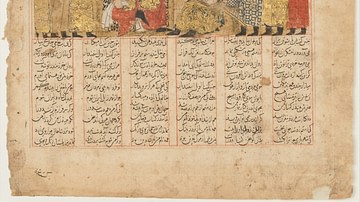
Definition
Shahnameh
The Shahnameh (“Book of Kings”, composed 977-1010 CE) is a medieval epic written by the poet Abolqasem Ferdowsi (l. c. 940-1020 CE) in order to preserve the myths, legends, history, language, and culture of ancient Persia. It is the longest...
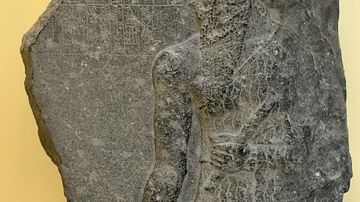
Article
The Legend of Cutha
The Legend of Cutha (also known as the Cutha Legend and Kutha Legend) is a fictional work dated to the 2nd millennium BCE belonging to the genre known as Mesopotamian Naru literature. It features the Akkadian king Naram-Sin (r. 2261-2224...

Article
Ten Great Persian Poets
Persian literature derives from a long oral tradition of poetic storytelling. The first recorded example of this tradition is the Behistun Inscription of Darius I (the Great, r. 522-486 BCE), carved on a cliff-face c. 522 BCE during the period...

Definition
Writing
Writing is the physical manifestation of a spoken language. It is thought that human beings developed language c. 35,000 BCE as evidenced by cave paintings from the period of the Cro-Magnon Man (c. 50,000-30,000 BCE) which appear to express...
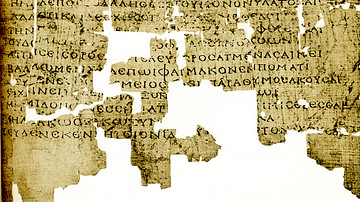
Definition
Callimachus of Cyrene
Callimachus of Cyrene (l. c. 310-c. 240 BCE) was a poet and scholar associated with the Library of Alexandria and best known for his Pinakes ("Tablets"), a bibliographic catalog of Greek literature, his poetry, and his literary aesthetic...
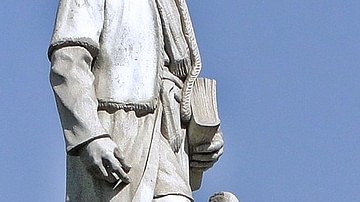
Definition
Ferdowsi
Abolqasem Ferdowsi (l. c. 940-1020 CE, also given as Abul-Qasem Ferdowsi Tusi, Firdawsi, Firdausi) is the author of the Shahnameh (The Persian Book of Kings), one of the greatest works of world literature and the national epic of Iran. He...
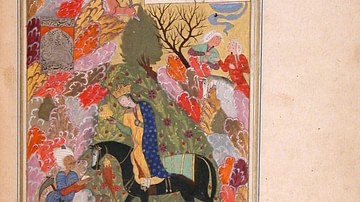
Definition
Khamsa of Nizami
Khamsa (also known as Quintet or Panj Ganj) is the best-known work of Nizami Ganjavi (c. 1141-1209 CE) and without a doubt one of the most prominent works of Persian literature. Written during the last decades of the 12th century CE, the...
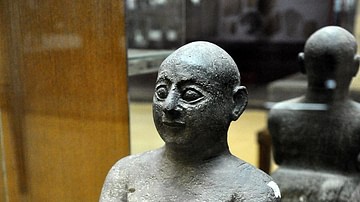
Article
A Supervisor's Advice to a Young Scribe
A Supervisor's Advice to a Young Scribe is a Sumerian composition relating a dialogue between an elder scribe and a young graduate from his school. The piece is dated to the Old Babylonian Period (c. 2000-1600 BCE) and, although originally...
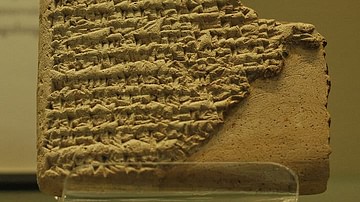
Article
The Legend of Sargon of Akkad
The Legend of Sargon of Akkad (c. 2300 BCE) is an Akkadian work from Mesopotamia understood as the autobiography of Sargon of Akkad (Sargon the Great, r. 2334-2279 BCE), founder of the Akkadian Empire. The earliest copy is dated to the 7th...
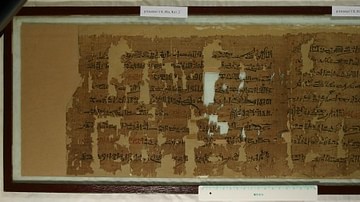
Article
The Satire of the Trades
The literature of ancient Egypt is as rich and varied as any other culture. From the inscriptions of the Old Kingdom of Egypt (c. 2613-2181 BCE) through the Love Poems of the New Kingdom (c. 1570 - c. 1069 BCE) the Egyptian scribes produced...